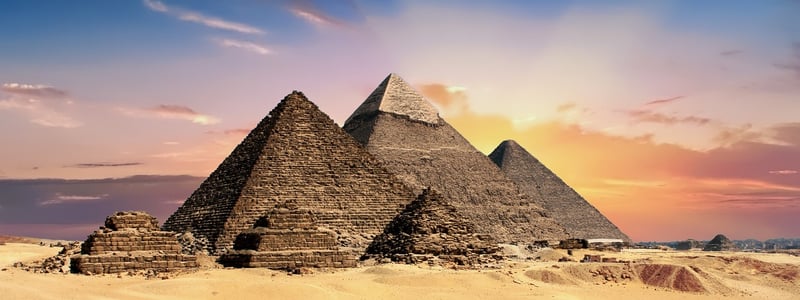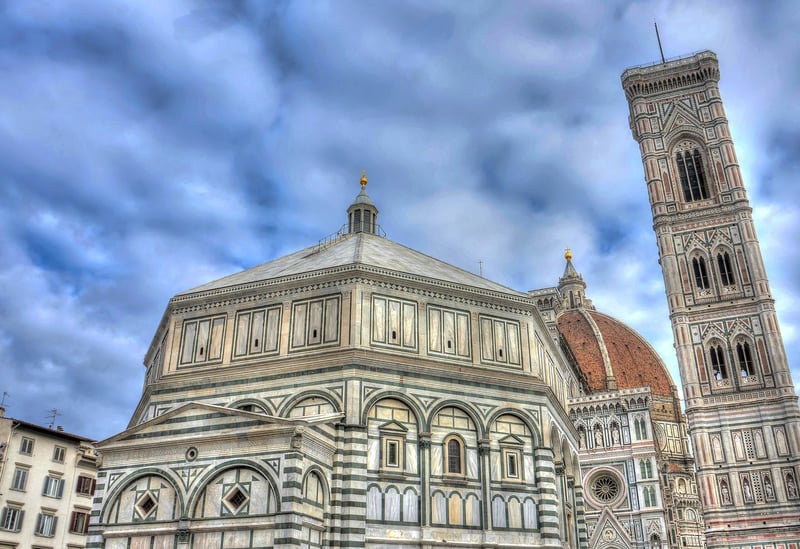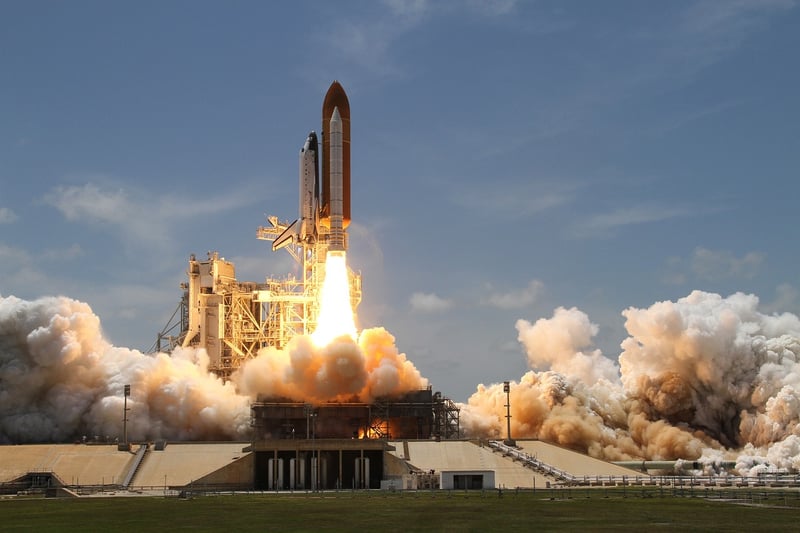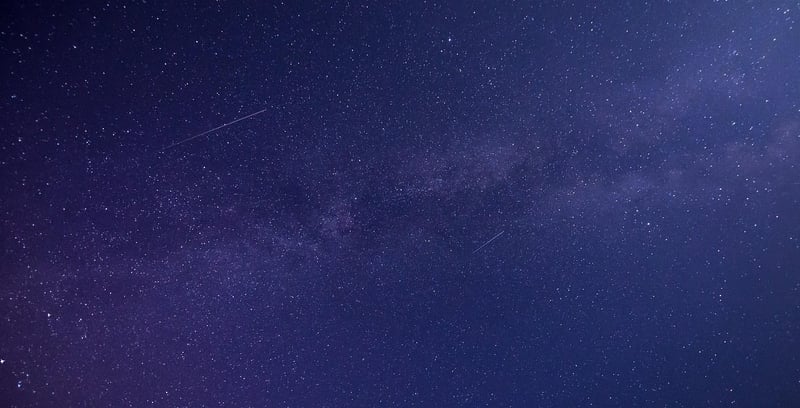Future Exploration
Exploring Different Eras and Future Exploration
Introduction
Exploring different historical eras and envisioning future exploration are fascinating endeavors that spark curiosity and imagination. Let's delve into the past and future of exploration to understand how humanity has continuously pushed the boundaries of knowledge and discovery.
Ancient Exploration
Ancient civilizations like the Egyptians, Greeks, and Romans were pioneers of exploration, discovering new lands, establishing trade routes, and exchanging knowledge. The exploration of the ancient world laid the foundation for future generations to venture beyond known territories.

Age of Discovery
The Age of Discovery in the 15th to 17th centuries saw European explorers like Christopher Columbus, Vasco da Gama, and Ferdinand Magellan embark on voyages that expanded the known world, leading to the globalization of trade, culture, and ideas.

Space Exploration
With the dawn of the Space Age in the 20th century, humanity reached beyond Earth, sending astronauts to the moon, launching satellites into orbit, and exploring distant planets with robotic missions. Space exploration continues to uncover the mysteries of the universe.

Future of Exploration
The future of exploration holds exciting possibilities, from manned missions to Mars and beyond, to the discovery of exoplanets that may harbor life. Advancements in technology, such as artificial intelligence and space tourism, are shaping the future of exploration.

Conclusion
Exploring different eras of history and contemplating future exploration showcases humanity's innate curiosity and drive to expand our understanding of the world and the cosmos. As we look back at our past achievements and gaze into the unknown future, the spirit of exploration continues to inspire us to reach for the stars.
Let's continue to explore, discover, and dream of what lies beyond!
